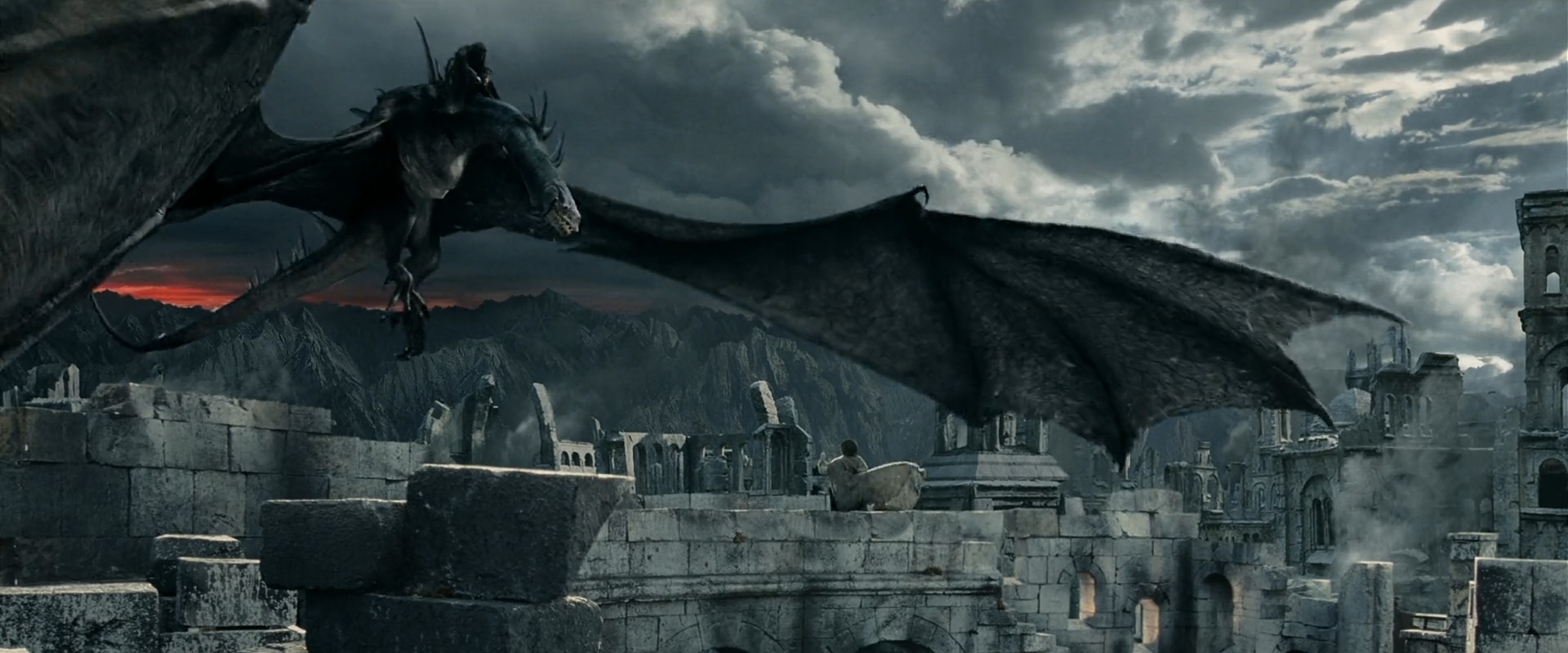Recently, I overheard a coffee meeting that sounded a lot like a job interview. The candidate referred to their job experience as ‘bipolar’ a few times, and it reminded how frequently I’ve teasingly heard this label used in the workplace. For some time now, I’ve been hoping to share my own experiences in mental health for the purposes of adding to the growing number of resources to help others understand what it can be like. I’ll share why this is important to me in a different post, but this serendipitous encounter motivated me to get started before I’m prepared. So, here we go.
I don’t have the background to write about those who experience the actual condition we describe, diagnose, and treat as bipolar disorder. I’m also not here to berate those who casually use the term in conversation.
I would instead like to talk about what it can feel like to hear this label used jokingly when moving in and out of difficulty myself.
During long periods of experiencing PPD symptoms, I start to feel small. Under sustained stress, the mind starts to see threats everywhere, and this is exhausting.
It’s hard to describe how this feels in a way that others can relate to. The closest analogy I have is how we see poor Frodo and his nervous system reacting to the Nazgûl at Osgiliath:

I think the Lord of the Rings movies do a better job than the books of viscerally conveying the feeling of shock and disembodiment that arises when a super-normal sensation rises up in you and challenges your sense of self. It’s hard to appreciate how difficult it is to sustain mental clarity and a positive outlook when the body creates a noise that feels alien and distinct from the “you” that you have come to know so well.
I have moved in and out of periods of feeling like that Nazgûl has been staring into my body for weeks and months at a time.
Now, try to imagine what it feels like to have that weight eventually lifted from you. You put in a lot of hard work and discipline, do all the right things whenever you can, and suddenly: It’s working! Life starts to feel effortless. It’s like you’ve been carrying a weighted backpack for weeks, and suddenly you are free of it.
This is another feeling that is hard to describe, but I feel like it is more relatable than what my internal version of Frodo-on-the-wall is going through. Anyone going through any substantial difficulty can relate to how it feels to be free of it. I can clearly remember the joy I’ve felt in the simple act of sitting on a rock in the sunshine, feeling a sense of ease in my body. At times like this, determination and optimism well up so naturally that everything seems possible—even living through another long bout of difficulty from the thing I suddenly feel free from.
How do you think this sort of change might show up to other people?
In times of difficulty, I try my best to “be myself”, but it’s hard. I seem quieter and reserved, because of the energy required to take care of the basics. I know now that I’m perfectly capable of working and living productively when this happens. It’s not a real threat to my well-being. I’m not scared of “falling apart” anymore. In fact, external stress can be a welcome distraction!
However, during those times, life is really about the basics. Eat, work, live the best you can; and if happiness comes in small moments, take it when you can get it. I think anyone who has gone through extended periods of suffering of any kind can relate to this.
When that difficulty is reduced, I know I seem a lot more energetic, a lot more extroverted. It’s natural to feel like my life-force is shining out of me, after being diminished for so long.
It doesn’t bother me too much when I hear an innocuous bi-polar comment or two when I move in and out of these experiences, especially since they often come when I’m feeling optimistic and energetic. They are easy to shrug off. After all, I have the assurance that the label itself doesn’t clinically apply to me.
However, it does often cause me to briefly question how my ups and downs are showing up to other people, and to perhaps feel a bit of shame about them. That makes me a bit sad. It can feel like this use of the term is casually poking fun at something that is actually quite beautiful: Someone moving through great adversity and coming out the other side with energy and renewed vigour for life!
Those who live through these kinds of obstacles are almost certainly strong enough to hear the term and to think little of it. I’m not asking anyone to feel guilty if this term, or the names of other mental health diagnoses (“OCD”, “schizophrenic”) are part of their repertoire of adjectives. I just hope that what I’ve written can shed some light on the context from which it might be heard.
(Thanks to Amanda Kwok, Mani Fazeli, Nick Presta, and Nish Balakrishnan for their helpful feedback on this post.)
